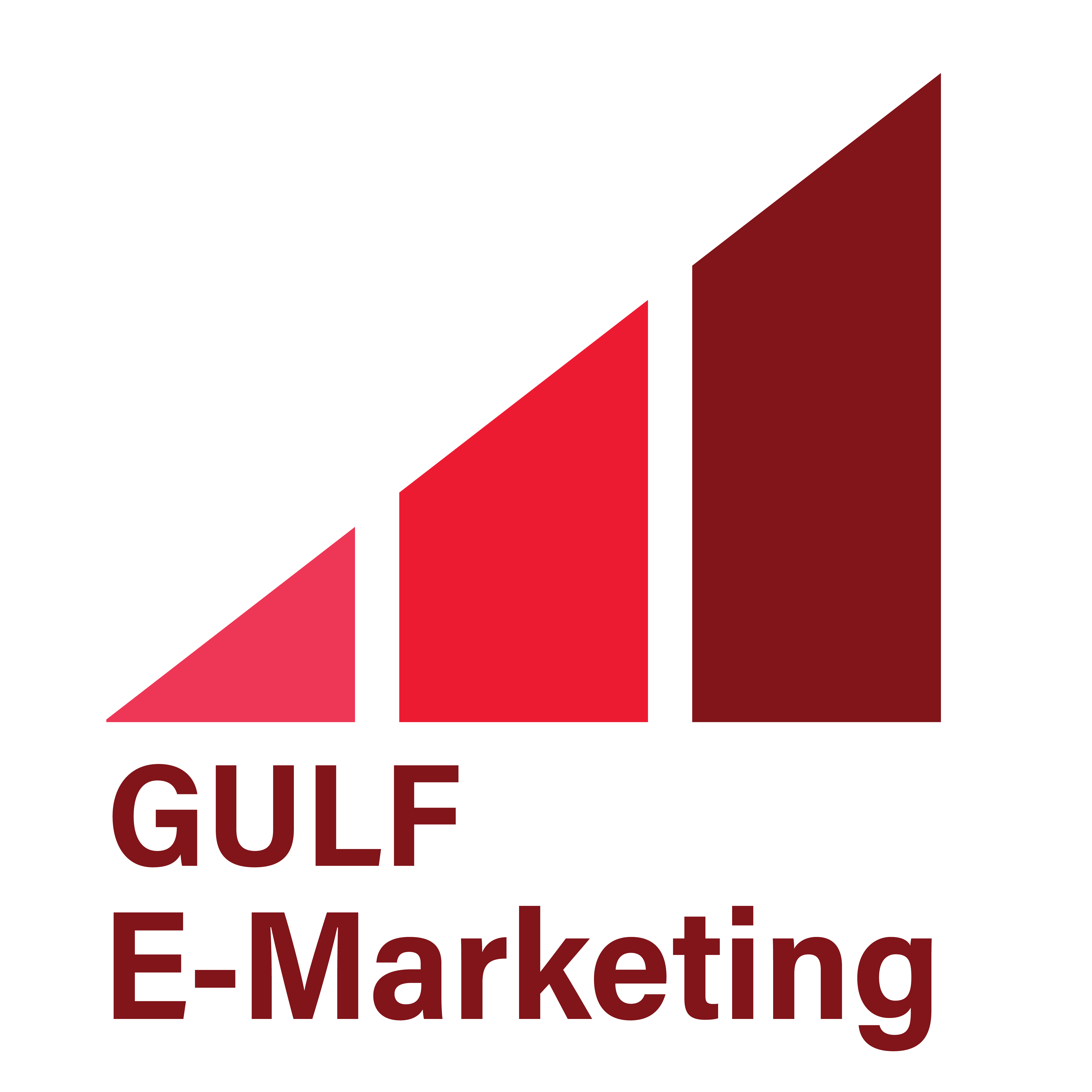- September 24, 2024
- Pay Per Click Advertising, Web Marketing
- 0 Comments
In a rapidly growing digital economy like the UAE, online advertising has become a pivotal part of marketing strategies. With over 9 million active internet users and a high smartphone penetration rate, brands have a golden opportunity to reach their target audiences like never before. However, this vibrant landscape comes with its own set of unique challenges. From navigating regulations to overcoming cultural nuances, online advertising in the UAE presents obstacles that require careful consideration and innovative solutions.
1. The Cultural Sensitivity Factor: Understanding Local Norms
The UAE is a melting pot of cultures, with a blend of Emiratis and expatriates from over 200 countries. While this diversity opens up opportunities for brands to target various demographics, it also poses a significant challenge: respecting cultural sensitivities.
Why It’s a Challenge:
Cultural nuances play a critical role in determining how ads are received. Certain imagery, messaging, or humor that works elsewhere might be perceived as inappropriate or even offensive in the UAE. Ad content must align with the local values of respect, modesty, and family-oriented messaging.
Solution:
Brands must invest in understanding the cultural dynamics of the UAE. Localization is key—adapting global campaigns to suit regional customs and language preferences ensures that the message resonates without alienating potential consumers.
Example: A fashion brand launching an online ad campaign in Dubai should carefully select visuals that respect the cultural expectations around modesty. What works in European markets may not translate as smoothly in the Middle Eastern context.
2. Regulatory Framework: Staying Compliant with Local Laws
The UAE has strict advertising regulations in place to protect consumers from misleading or inappropriate content. Whether it’s privacy concerns, content restrictions, or licensing, businesses need to ensure their online ads comply with the UAE’s legal framework.
Key Challenges:
– Content Restrictions: Certain types of content—such as alcohol, gambling, and political or religious topics—are prohibited from being advertised online in the UAE.
– Data Privacy Laws: The UAE introduced new Data Protection Laws that impact how brands can collect and use customer data. Ads that rely on user data for targeting must adhere to these regulations.
Solution:
Brands should work with legal teams or consultants familiar with UAE regulations to ensure their campaigns remain compliant. Familiarity with the guidelines issued by the National Media Council (NMC) is crucial for creating content that meets legal standards.
Pro Tip: Online platforms such as Facebook, Instagram, and Google Ads have specific ad-targeting guidelines that are tailored for regions like the UAE. Brands should optimize their campaigns in accordance with these rules to avoid penalties or ad rejections.
3. Language and Communication Barriers
One of the unique challenges of advertising in the UAE is the diverse linguistic landscape. While Arabic is the official language, English is widely spoken, particularly among expatriates. However, a one-size-fits-all approach rarely works.
Why It’s a Challenge:
Ad campaigns need to cater to both Arabic-speaking and English-speaking audiences. Poor translation or cultural miscommunication can lead to brand messages being misunderstood or poorly received.
Solution:
Creating bilingual campaigns that resonate with both audiences is essential. Brands should invest in quality Arabic translation and localization to ensure their message stays clear and impactful in both languages. It’s also important to avoid direct translation, as idiomatic expressions and humor often don’t translate well.
Creative Approach: Create separate ad sets for Arabic and English speakers with tailored messaging that caters to their linguistic and cultural preferences. This approach helps maximize engagement from different segments of the population.
4. The Competitive Landscape: Standing Out in a Saturated Market
The UAE’s business ecosystem is highly competitive, with countless brands vying for consumer attention across various online platforms. Cutting through the noise can be one of the toughest challenges for businesses.
Key Challenge:
The sheer volume of online advertisements, especially on platforms like Instagram, YouTube, and Facebook, makes it difficult for any single campaign to stand out. Consumers in the UAE are constantly bombarded with ads, making it harder for brands to capture and retain attention.
Solution:
Creativity is key. To stand out in a saturated market, brands need to develop unique, engaging content that captures attention in the first few seconds. Interactive ads, personalized messaging, and leveraging trending topics (while keeping it culturally appropriate) are great ways to differentiate your brand.
Example: A new cosmetics brand could run an Instagram Story ad campaign that involves polls or quizzes, encouraging users to interact rather than just passively scroll. This increases engagement and makes the brand more memorable.
5. Ad Blocking and Consumer Resistance
Consumers in the UAE, like many other parts of the world, are growing increasingly resistant to online ads. Many have turned to ad-blocking software to avoid intrusive ads, which poses a significant challenge for advertisers.
Why It’s a Challenge:
Ad blockers reduce the visibility of online ads, limiting a brand’s reach. Additionally, even when ads do get through, there’s a growing trend of banner blindness, where users consciously or unconsciously ignore advertisements.
Solution:
Focus on native advertising and non-intrusive ad formats that blend seamlessly with the user experience. Native ads appear as part of the platform’s organic content, which makes them less likely to be blocked and more likely to engage users.
Tip: Invest in influencer marketing and user-generated content (UGC) that comes across as recommendations rather than ads. In the UAE, influencers play a powerful role in shaping consumer perceptions, and their content is less likely to be blocked or ignored.
6. High Advertising Costs: Budget Constraints for Small Businesses
With a growing number of brands competing for digital ad space, advertising costs in the UAE, especially for premium platforms, have risen significantly. This presents a challenge, particularly for startups and small businesses with limited marketing budgets.
Key Challenge:
Premium digital platforms, such as Google Ads and Facebook, charge high rates for UAE-specific ad campaigns, particularly in competitive industries like real estate, fashion, and luxury goods.
Solution:
To overcome budget constraints, businesses need to carefully allocate their spending by targeting niche audiences rather than going broad. Utilizing cost-effective strategies such as organic social media marketing, content marketing, and influencer collaborations can offer more affordable alternatives to paid advertising.
Example: A small café in Abu Dhabi might focus on creating engaging, organic Instagram content that showcases its ambiance, food, and customer experience, encouraging users to share and tag friends instead of investing heavily in paid ads.
Conclusion: The Future of Online Advertising in the UAE
While the challenges of online advertising in the UAE are undeniable, they also present opportunities for brands to innovate and improve their digital strategies. From respecting cultural nuances to navigating regulations, businesses that can adapt to the specific demands of the UAE market will find success in their online advertising efforts.
Ultimately, the key to thriving in this space is localization, creativity, and strategic spending. With the right approach, brands can overcome these challenges and harness the immense potential of online advertising in the UAE.



